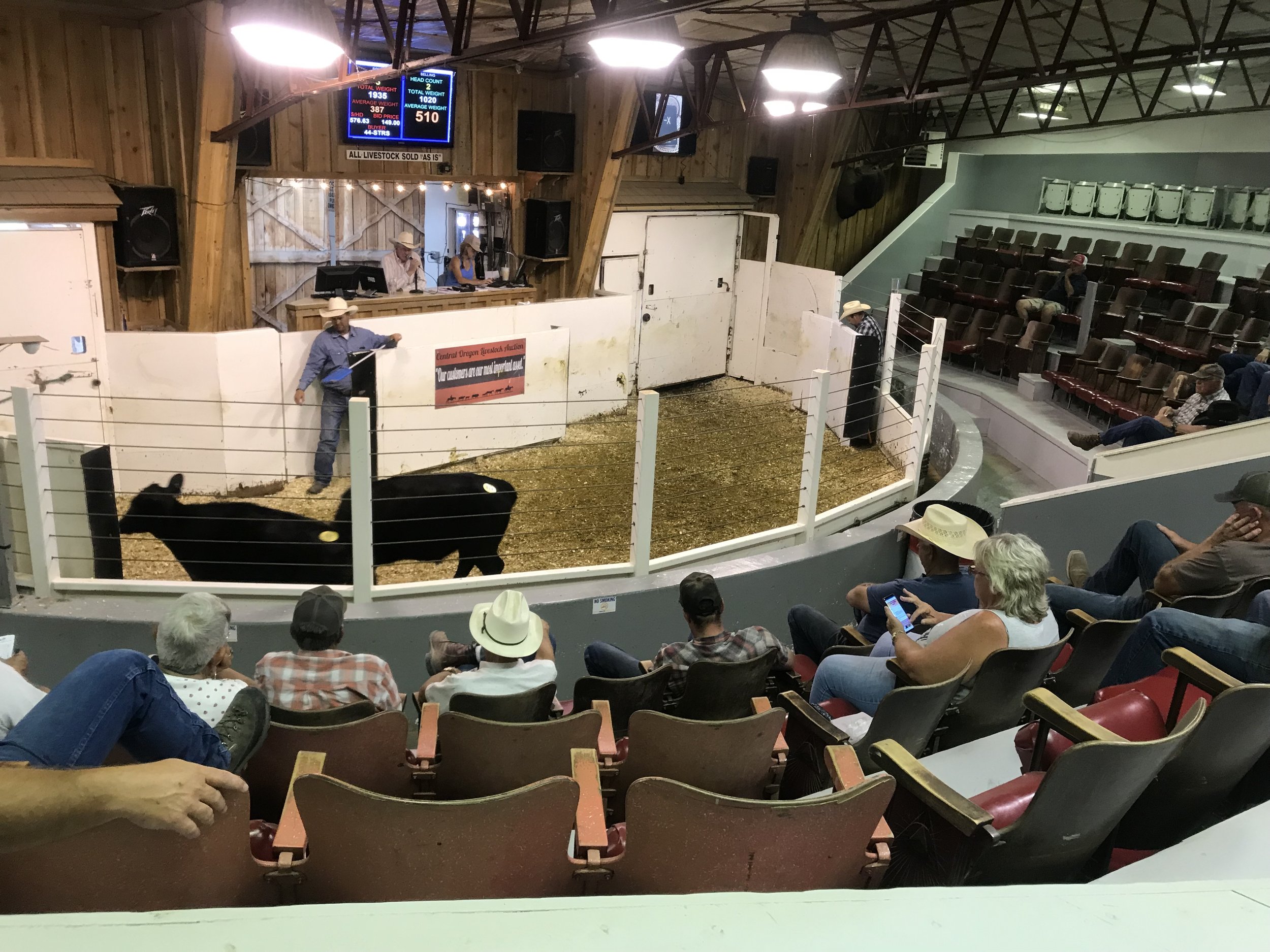Jenna Burrell
Jenna Burrell is Director of Research at Data & Society a non-profit research institute and a Professor at the School of Information at UC-Berkeley. Her research focuses on how communities in the margins adapt digital technologies to meet their needs and to pursue their goals and ideals. At Berkeley, she established the Algorithmic Fairness and Opacity Group (AFOG) which brings together faculty and students from across the UC-Berkeley campus to facilitate research on how algorithmic systems can be designed, used, or regulated to support more equitable and just societies. Burrell is the author of Invisible Users: Youth in the Internet Cafes of Urban Ghana (MIT Press) and is currently writing up her research findings from a multi-year project about rural communities that host critical internet infrastructure, such as fiber optic cables and data centers. She earned a PhD in Sociology from the London School of Economics and a BA in Computer Science from Cornell University.
Title and abstract:
The preservation of embodied masculinity in tech-altered workplaces
Tech sector work is often thought to represent a shift from an old regime that favors physical strength and capability to a new one favoring disembodied human intelligence. By contrast, the occupational values of traditional rural industries in the Western United States (including, logging, commercial fishing, and cattle ranching) persist in centering the laboring body. Rural work of this sort is celebrated and even mythologized as physical, perilous, embodied, and done in the outdoors. So what happens when the work worlds of high tech make inroads into rural places? How do communities respond when the livestock auction becomes Internet-connected and a Facebook data center becomes the newest employer in town?
Drawing from ethnographic work in Central Oregon and the Northern California coast, this paper explores how rural workers reconcile occupational values when disparate work worlds intersect in rural sites. The Internet is resituated as part of the material world, a world of brutal, embodied physicality. For example, in an interview for Outside magazine, Ken Patchett, director of the Facebook data center in rural Prineville, Oregon insisted, “The Internet is not a fake thing…it’s a very, very real thing made with hammers and concrete. And nails. And blood and sweat and tears and people.” This study accounts for how tech work is made suitable and meaningful in rural sites through its connection to embodied masculine identity.

